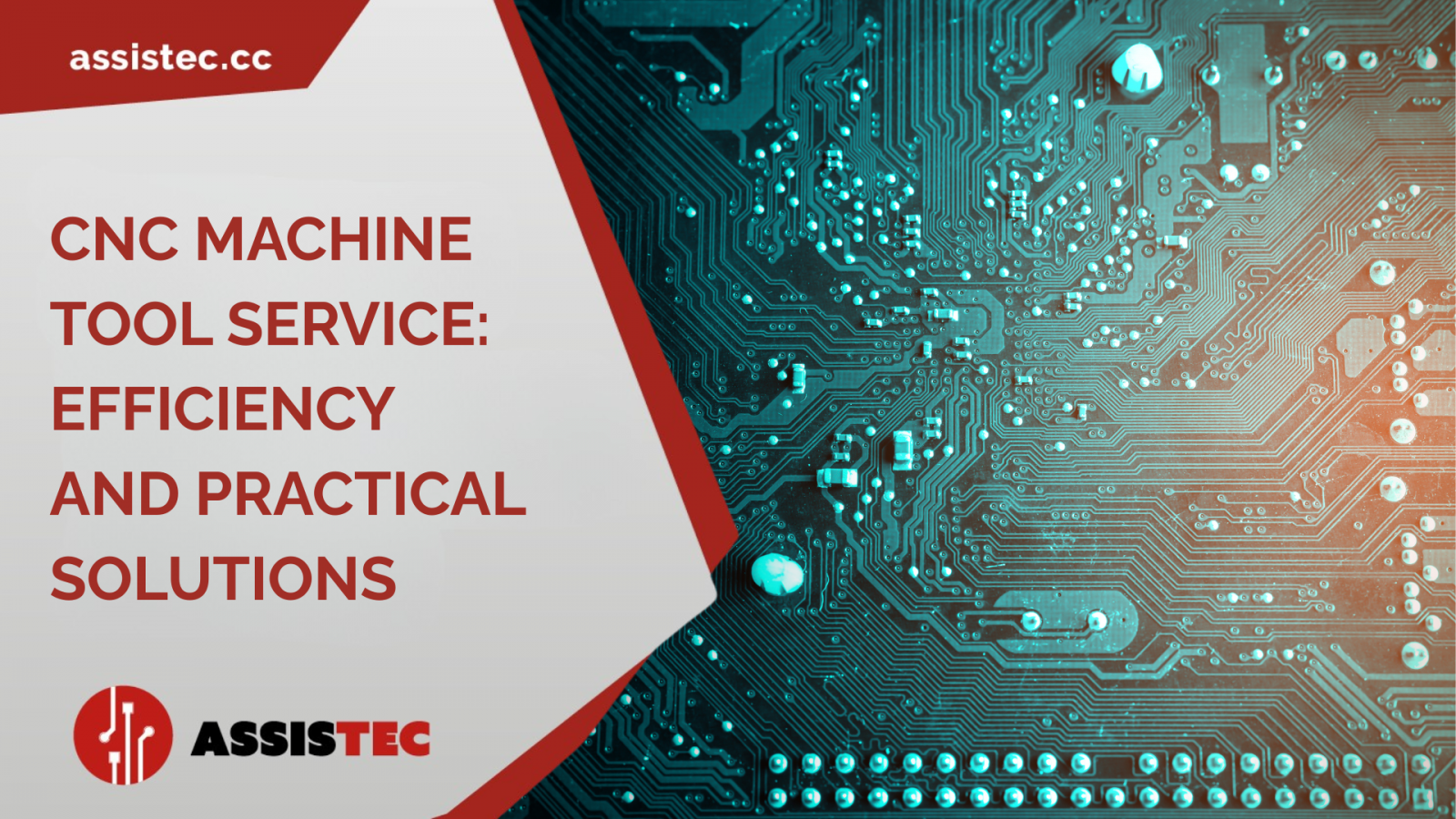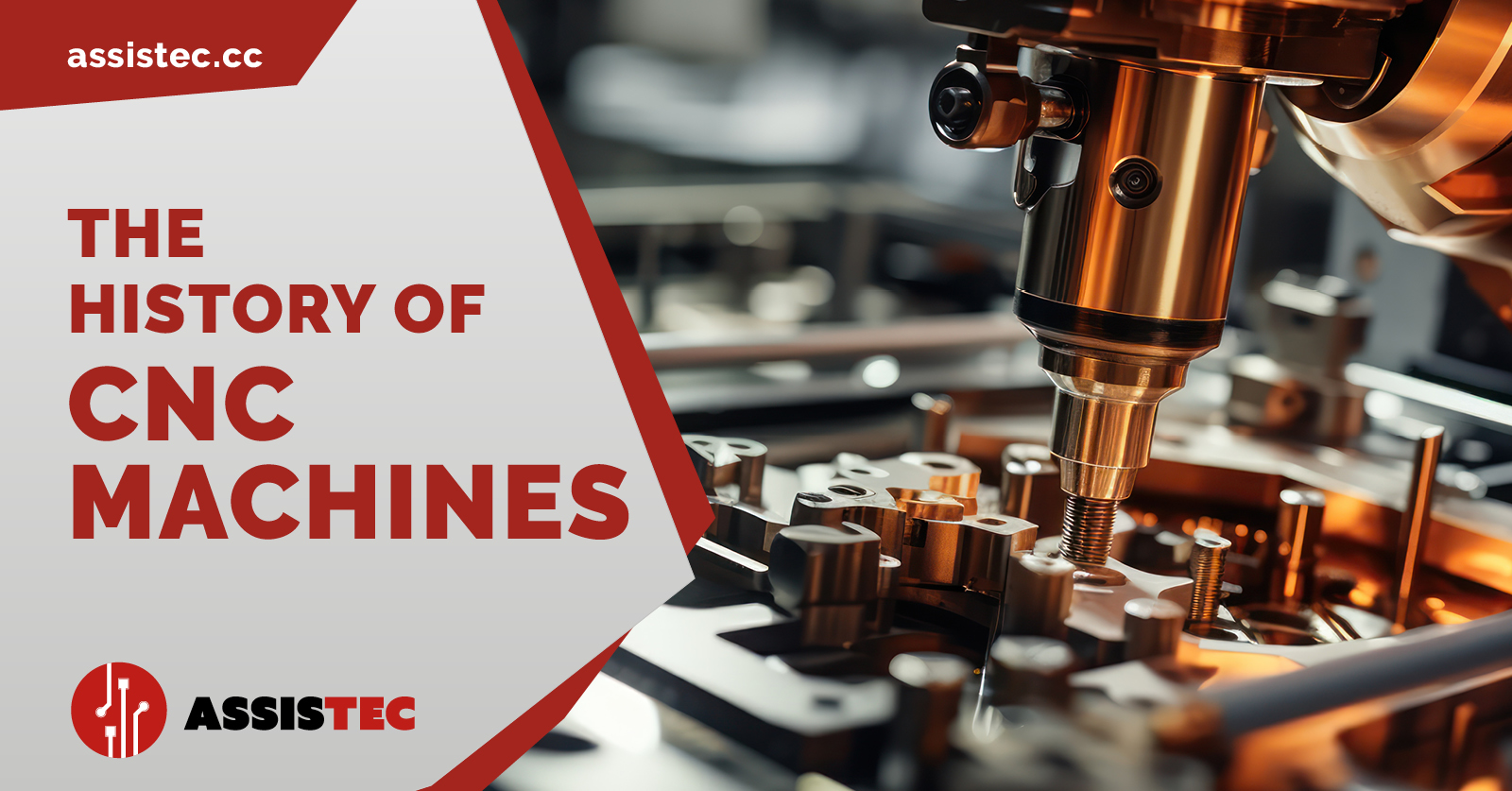INDUSTRIAL AUTOMATION PROMOTES SMART WORKING


Optimises production processes and limits supervision
Industrial automation favors smart working, because it allows a company to be operational even when man is absent. By integrating a CNC machine fleet and, in particular, customized robotic islands, production processes are optimized and the work can continue 24h without supervision, or in any case limiting the supervision activity. There is never a stop to production, even during holidays or weekends, because monitoring is also done remotely.
The addition of a robotic cell to a CNC machine tool greatly improves the workflow and ensures high productivity, through a constant repetition of the quality of the final product.
A new work management system
Industry 4.0 tools, including robots, enhance smart working. An online and remote work management system, which allows the company to offer its customers an increasingly appropriate service and tailored to their needs. How? Through virtual circuits always active, that they comprise: real-time management of the warehouse, analysis of the data, marketing, purchases, commissioning trouble-shooting. This management of work results in considerable savings on travel for the company and, consequently, in greater profit.
Smart workers allow a 24-hour presence for the management of sales and support activities, in particular for businesses that have international contacts.
New needs, new professional roles
Unlike what one might think, industrial automation inevitably generates new areas of expertise and, therefore, new jobs. There are often real debates on the subject, with rather radical currents of thought that the integration of robots in the company is one of the main causes of staff cuts. It’s not like that! The conversion of an enterprise into a smart factory, with the introduction of robotic islands in the assembly line, creates as many professional roles at the forefront to meet new technological needs. Most industries will always need human operators alongside their robots.
Turn your business into a smart factory
Thanks to the know-how accumulated over 20 years of work, we at Assistec support you during all the phases of design and installation of the robotized island, to ensure that it is best suited to your production line. All the Industry 4.0 solutions we develop, such as the Robofeed line (link to section), guarantee the best results and are customized according to the production process and reference sector.
Contact us for more information or call us at 0522 989436.
Recent Posts

-
Assistec is your partner with over 25 years of experience in full service for CNC machine tools, offering both electronic and mechanical technical support. Our main objective is to minimise machine downtime, ensuring a rapid return to production and an efficient return on investment.
CNC electronic support services: rapid diagnosis and effective solutions
Our electronic service on CNC machine tools is characterised by a comprehensive service that begins with a thorough prior telephone diagnosis by our service department. This initial phase is crucial to quickly understand the nature of the problem. Thanks to our well-stocked electronic spare parts warehouse, we are often able to resolve the fault already during the first technical intervention.
-
MECSPE 2025 is one of Europe's leading trade fairs dedicated to innovation in the manufacturing industry. It is a crucial event for companies that want to stay up-to-date with the latest technologies, solutions and trends in the industry.
Over the years, MECSPE has helped transform artisanal processes into large-scale precision industrial systems. Today, the show serves as a meeting point for machinery manufacturers, technology suppliers, system integrators, and end users, creating an ideal environment for networking and knowledge exchange.
MECSPE is essential to discover how to automate and digitise production processes, improve efficiency, reduce costs and increase competitiveness. In this context, Assistec has decided to play a leading role once again, confirming its presence also in the 2025 edition.
-
Numerically controlled (CNC) machines represent one of the most important technological innovations of the modern industrial era.
Their ability to automate and standardise complex operations has changed the face of manufacturing, transforming craft processes into large-scale industrial precision systems.
The spread of CNC machines has made it possible to reduce human error, increase productivity and, above all, guarantee repeatability of machining operations that would otherwise have been impossible. This has proved particularly crucial in sectors where precision, efficiency and speed are vital, such as aerospace, automotive, precision engineering and medical device manufacturing.
One of the main reasons for the success of CNC machines is their ability to perform tasks with extreme precision that previously required the manual intervention of skilled workers.
With CNCs, on the other hand, once the machining has been programmed, the machine can perform an infinite sequence of operations without loss of precision, solving problems of variability and improving the quality of the finished product.
At this point, the question might arise: when did CNC machines originate and how did they reach this level of sophistication?



